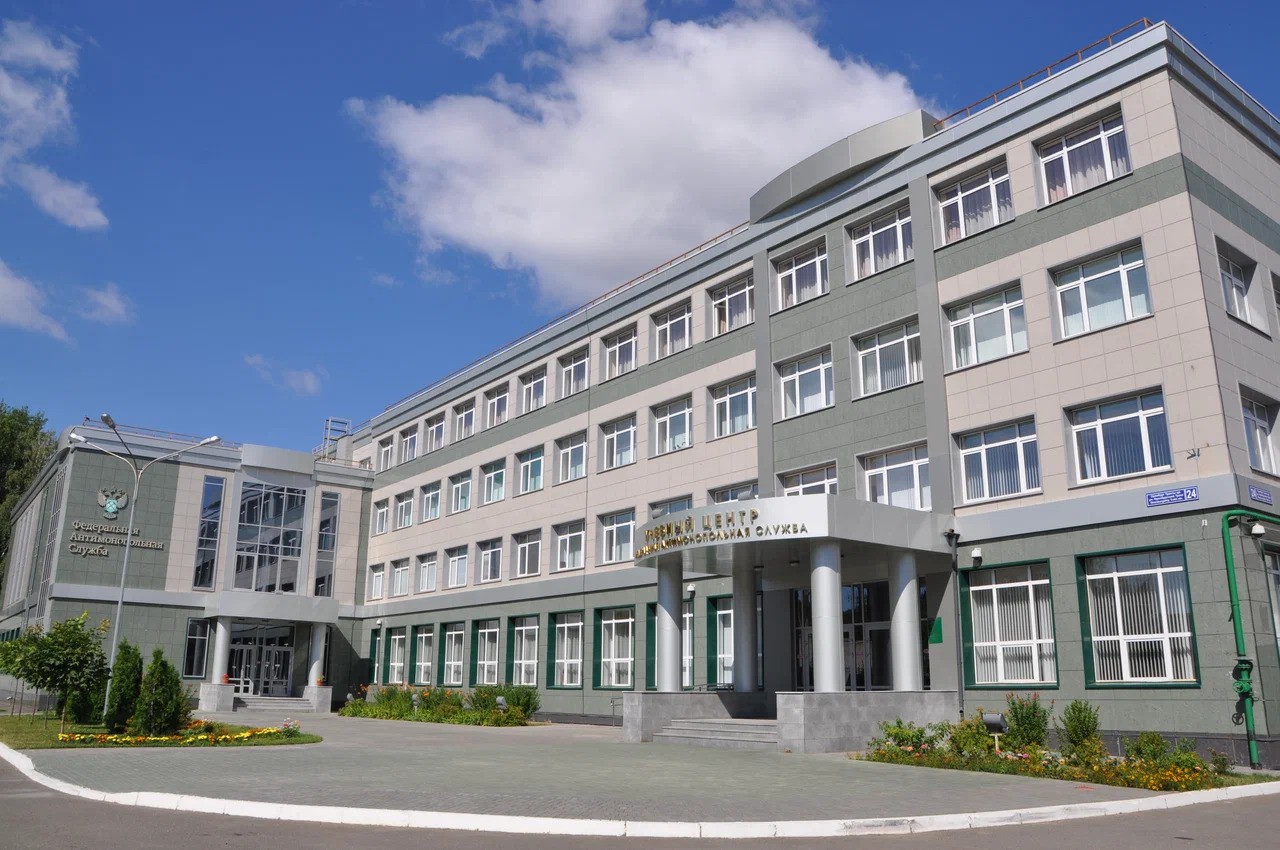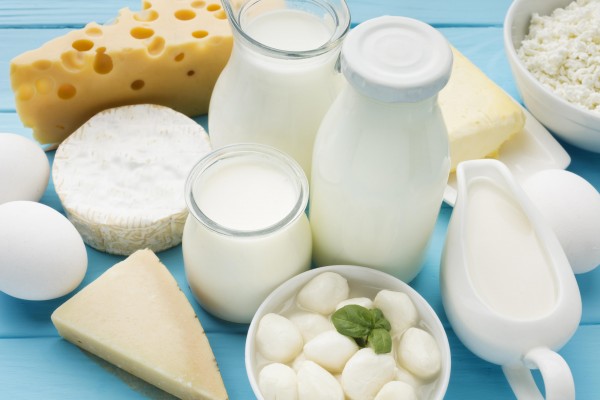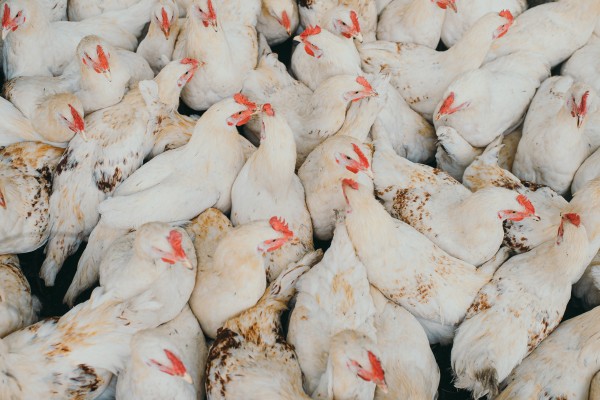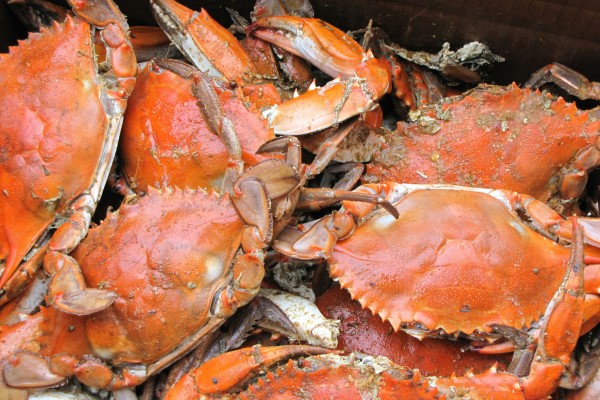Daria Kotova and Mikhail Shikhmuradov, experts of the BRICS International Competition Law and Policy Centre, took part in the Roundtable of experts of foreign competition authorities on the topic "Competition authorities' activity in socially important food markets under modern conditions" held from 28 to 30 March in Kazan.
Darya Kotova gave a presentation on "Intellectual Property in Global Food Chains" in the session dedicated to Antitrust Control on Agricultural and Food Markets. The session was moderated by Gennady Magazinov, Deputy Head of FAS Russia.
Intellectual property rights are distributed in different forms throughout the global food chain and influence competition at every level. At the initial stages of the chain - R&D and biotechnology - we are talking about patents on technologies, processes, transgenic organisms, if they are allowed by national legislation, as well as rights to breeding achievements and know-how. Patents on other intellectual property, such as agrochemicals or digital technologies in agriculture, are included at the stage of agricultural production. In this way, global value chains become a new way of disseminating IP rights, including through contracts and technology. In this case, intellectual rights simultaneously play the role of both a competitive advantage and a difficult to overcome barrier to market entry, said Daria Kotova.
"The portfolio of intellectual resources is held in the global global chain by only 4-5 companies. Patent thickets are formed, which are supplemented by cross-licensing agreements - it is very difficult to break through all this for competitors trying to enter this market."
This problem was described in a 2017 report by experts at the BRICS Center for Competition Law, which formed the basis of the book "Global Food Value Chains and Competition Law," published by Cambridge University Press last year. The concept of global food chains takes into account the complex systemic nature of food markets and allows for a more accurate assessment of barriers to market entry, such as IP rights.
There are also alternative regimes for IP protection in agricultural markets, such as the International union for the protection of new varieties of plants (UPOV). However, companies are increasingly choosing patents as a more aggressive method of protecting IP and their market position.
The Russian economy under sanctions has become a vivid example of how global food chains actually work, with many bottlenecks dominated by just a few large transnational producers. The chain can easily break, and the links that have been disconnected from the global process lose access to key intellectual resources as well.
According to Daria Kotova, the reform of the patent system is necessary, and the antimonopoly office can play an important role in its promotion.
"Russian patent law does not provide for exceptions to patent protection for breeders, which makes it possible that breeders cannot use the seeds of a plant for some part of which (for example, biotechnologically transformed genes or cells) the right holder has a patent. At the same time, the TRIPS [Agreement on Trade-Related Aspects of Intellectual Property Rights] agreement does not prohibit to exclude plants from patent protection, so we can adjust our own, much more open and suitable for our market, intellectual property rights protection regime,"
Daria Kotova stressed.
The BRICS partnership may be effective in creating or promoting alternative systems of intellectual property rights protection in already existing international venues, such as the WTO, which will make the chain more stable and take into account the interests of participants with a weaker negotiating position.
On a panel on "Price Control of Socially Important Consumer Goods" Mikhail Shikhmuradov spoke about the tools of state regulation of prices for socially important goods. According to economic dictionaries socially important products are the goods without which normal life activity is impossible. In this sense, a comparison of the lists of socially important goods of Russia and Belarus is illustrative. The latter list includes not only food and non-food essentials, but also services - including public baths, health camps and interconnection of mobile operators, the speaker said.
The Russian list has fewer items, missing products such as coffee, cucumbers and tomatoes. By comparison, there are 72 items in the basic food basket of Panama, among which there are even mango, papaya and broccoli. In Russia, the basket of goods has been de facto abolished. The main reference point is the cost of living, which is 44.2% of the median wage. It would be more appropriate to have an adequate list of goods, formed on the basis of the results of a sociological survey, believes Mikhail Shikhmuradov.
"Russia has all the conditions for a high-quality survey. People can take part in a verifiable survey through the service "Gosuslugi" about what goods and in what quantities they consider important for themselves."
The expert considers the state regulation of prices for this group of goods ineffective.
"Market economy consists of five elements: price, market volume, demand, supply and competition. Competition is not as competition, but as a process and a way of existence of the market mechanism. If the government needs to intervene in any one of these elements, it certainly needs to intervene in competition. Because if we try to influence price, we disrupt the economic incentives that set the very nature of market relations."
At the same time there are so-called externalities (pandemics or geopolitical upheavals) that require the intervention of the state apparatus, the speaker noted. For example, during a pandemic, the U.S. authorities declared a state of emergency, which allowed them to enact laws against overpricing. During the 2001-2002 economic crisis, the Argentine government imposed price controls on basic foodstuffs. The Plan Jefes y Jefas was aimed at controlling prices and preventing social unrest caused by rising inflation and unemployment.




